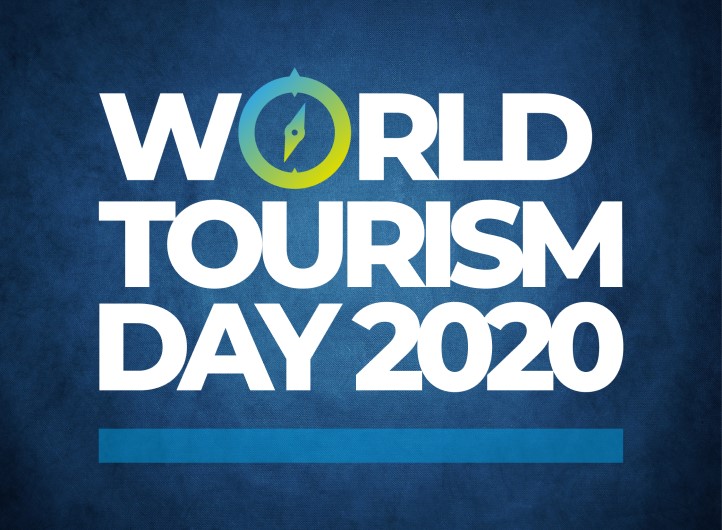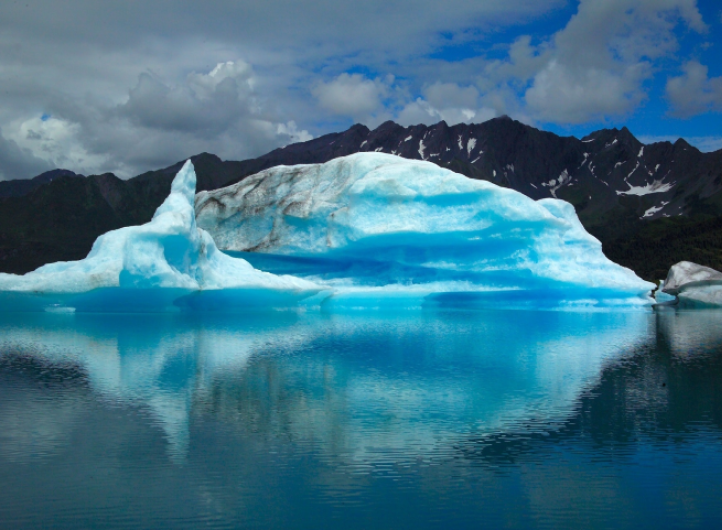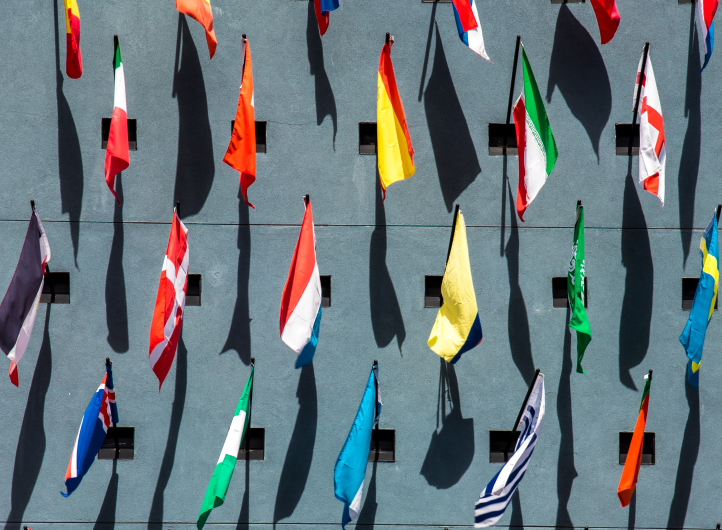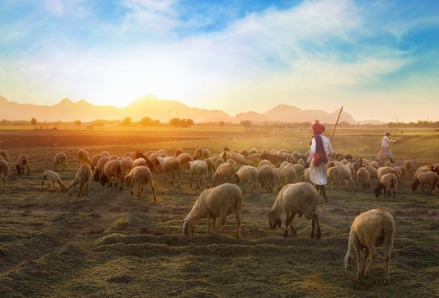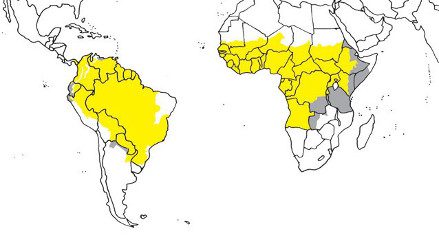This year’s celebration of World Tourism Day feels a little different. Countries around the world are slowly reopening their borders and international travel is on the rise but concern about COVID-19 continues to permeate the travel industry. There is no set timeframe or guide for the industry’s recovery, especially as COVID-19 cases continue to increase in many regions and a vaccine or treatment is yet to be developed. It is clear, however, that recovery needs to ensure the long-term health of people and the planet. In this blog, in celebration of World Tourism Day, we are looking at how tourism can become more responsible and what we, as travellers, can do to make sure we protect our health and ...
